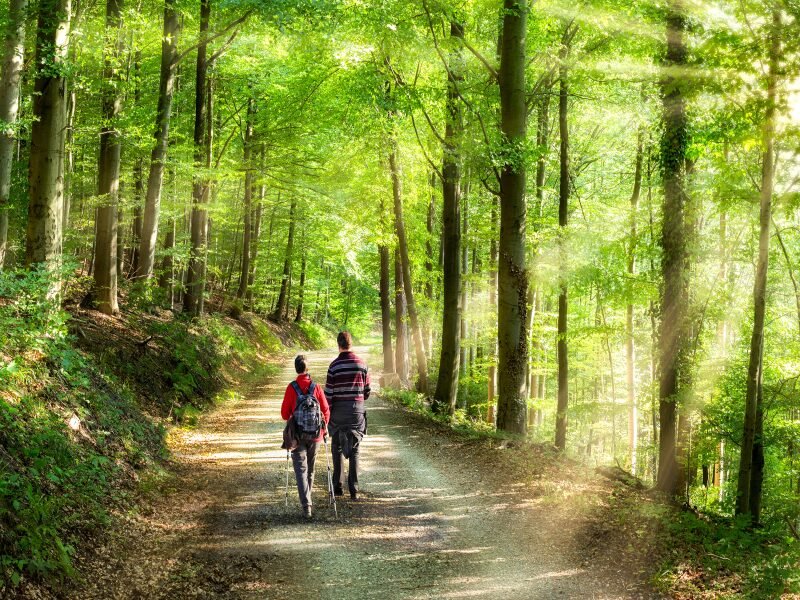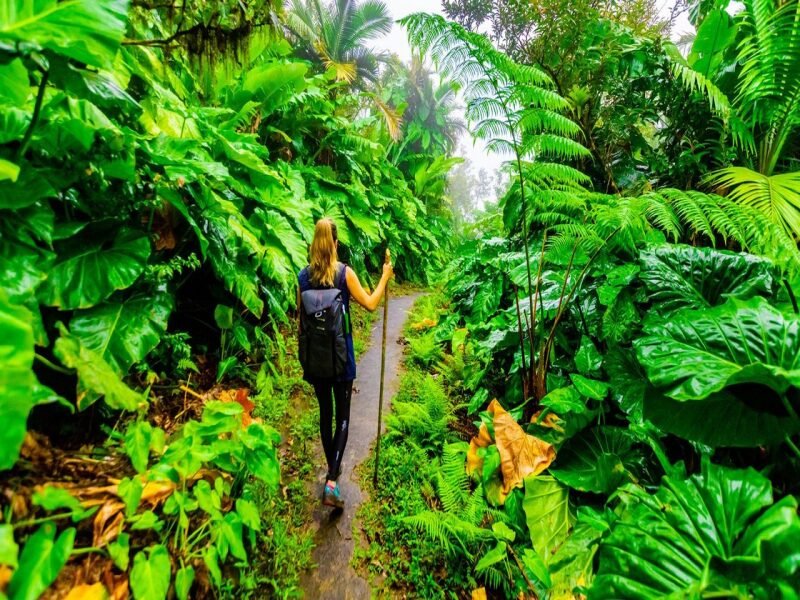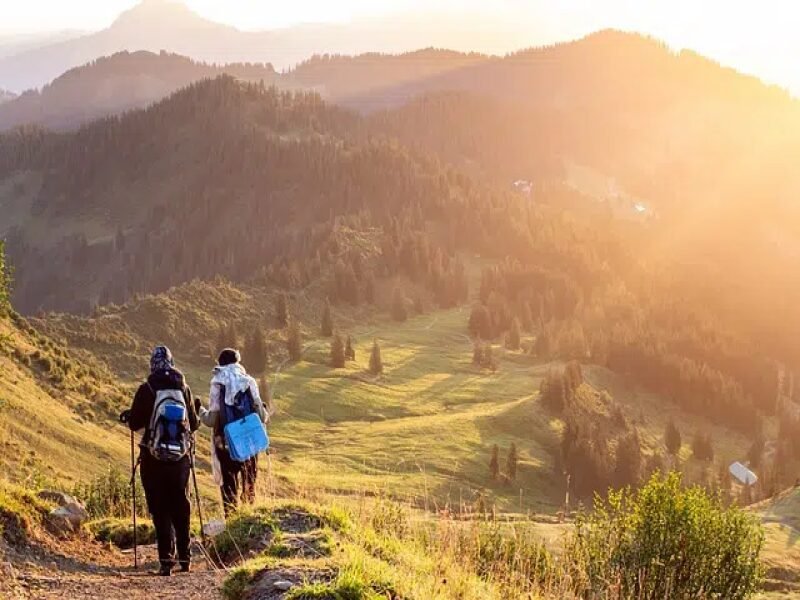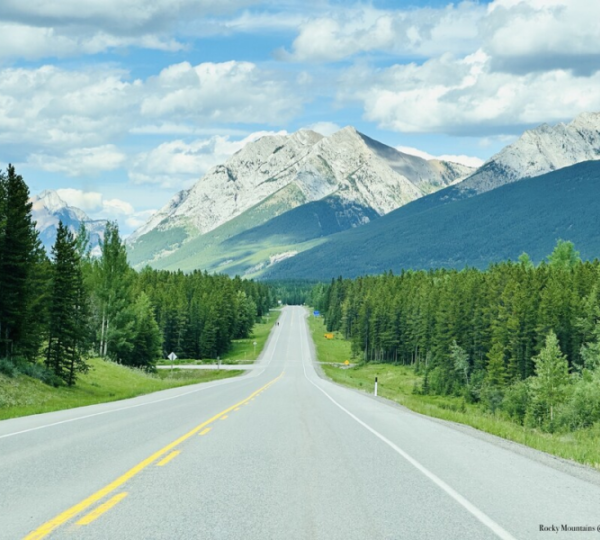Introduction
As the global village continues to be formed people find it easier to travel to different parts of the world. That said, this process creates fantastic opportunities for traveling and sharing value and at the same time, it launches crucial discussions regarding the effects of travelling and tourism. It threatens to compromise, overwork, pollute or obliterate the capacity, services, rewards and culture of the tourist visited places. That is why people should be selective in choosing their places to travel as they must engage in sustainable tourism. This article challenges you to go out and explore, find off the beaten path attractions, and if you can, get to know the real feel and positive impact of a destination and its inhabitants.

Why Explore Beyond the Tourist Trail?
Authentic Cultural Experiences
Although anyone can go the usual tourist attraction sights in order to experience the culture of the area, going for an off the beaten places will afford one a better feel of the place. So if you go out of the usual tourist ‘ traps’ and interact with the locals you will be able to learn and appreciate their culture and the way they live.
Examples of authentic cultural experiences:
- Homestays: Perhaps, choose homestay with a local family where tourists join families in their daily routines, mealtimes and get tons of information about the culture.
- Local festivals: Attend carnivals, fairs, holidays, festivals and other events that characterize people’s everyday life and diverse culture.
- Traditional crafts: Spend time with locals learning one of their specialty trades and being conscious of the skill’s value in the modern world.
- Volunteer tourism: Participate in volunteering to help improve the community interests through volunteering in teaching English volunteering in conservation or volunteering as business.
Reduced Environmental Impact
Cover tourism is a threat or number one problem since it boils down to exploiting various attractions to the extent that these cause harm on other aspects of societies, environments and cultures. Through travelers’ choice, more spread out destinations might be favored and therefore, you will assist in reducing the undue pressure on such tourist hot spots.
How exploring beyond the tourist trail can reduce environmental impact:
- Dispersing tourism: This way you contribute to spreading tourism and, thus, minimizing the impact on highly frequented zones.
- Supporting eco-friendly businesses: They also tend to be more environmentally conscious due to the lack of attention towards them, which means you will be able to fund businesses which will be conscious of their impact to the environment.
- Minimizing your footprint: Whether you are going for a local vacation or an international trip it becomes possible to reduce impact that one has on environment through practice of responsible tourism.
Absolutely Unforgettable and Unprecedented Memories
Venturing off the map means it feels like one is discovering something that has not been saturated and exhausted by lots of tourists. This will bring you to places that are undiscovered meanings, enjoy the rawness of nature and come up with memories that where incomparable.
Examples of unique experiences:
- Discovering hidden waterfalls or secluded beaches: There are many places in the world that do not attract lots of tourist hence consider them as your natural wonders.
- Encountering unique wildlife: In an area, one can choose to visit less marketed national parks or nature reserves in order to watch animals in their vegetative habitat.
- Experiencing local cuisine: Join those who know where to find real street food that does not get to tourist guides, and taste authentic local cuisine.
- Connecting with local communities: Get a better understanding with the local communities and their stories, cultures, and point of view of the world.
How to Explore Destinations Responsibly
Responsible travel is all about being less obtrusive to the environment around you, as well as to the people and culture you’re visiting. Here are some key principles to keep in mind:
Immature sounds like immature, programme should respect the local cultures and customs
When planning any trip, make sure you set out to know the cultural practices and etiquette of the country or region you plan to visit. This will assist you in not to offend the local people by any form of naivety and make sure everyone you come across is treated politely.
Tips for respecting local cultures:
- Dress modestly: In many cultures, this sort of dressing is considered to be respectable.
- Learn basic phrases: By taking a little effort in learning a couple of phrases in that local language it’s very effective in conveying your respect for their culture and your desire to embrace it.
- Ask permission before taking photos: It is always important to seek permission especially when taking photos of persons, and or taking shots at sensitive places of worship.
- Be mindful of religious and cultural practices: Even if you do not understand the customs, never disregard them, for instance, do not wear shoes when you go inside some temple or avoid certain types of foods.

Minimize Environmental Impact
Minimizing your impacts on the environment will make your travelling green. Reduce your imapct on this planet by adopting the following measures:
Tips for minimizing your environmental impact:
- Choose eco-friendly accommodations: Choose hotels or guesthouses that embrace environmental conservation; where possible the hotels should use energy saving products, lessen their water usage and recycle wastes.
- Reduce plastic use: Always remember to carry with you your own water bottle, coffee mug and shopping bag to help cut down on plastics.
- Conserve water and energy: Reduce shower time, switch off lights whenever not in use and eject all appliances that are not being used.
- Support local conservation efforts: Clean up your neighborhood beach, attend a wildlife conservation program, organize a litter campaign.
Support Local Economies
Accessibility has to be miles apart from ‘access for exploitation’ and any form of tourism that is not sustainable means supporting unsustainable local economies. That means when you buy something, you help the community and maintain their traditions and customs of a certain region.
Ways to support local economies:
- Stay in locally owned accommodations: That means preferring locally run guesthouses, hostels or individual hotels rather than global hotel brands.
- Eat at local restaurants: Catholic and fresh food to family operated restaurants and street food vendors.
- Buy souvenirs from local artisans: The most effective and responsible way is buying souvenirs directly from artisans and craftspeople.
- Use local transportation: Take local means of transport like a bus, train or employing a taxi instead of having to hire a car.
Planning Your Off-the-Beaten-Path Adventure
Exploring locations that are not common with tourists need lot of planning and organizing. Here are some tips to help you plan your adventure:
Research Thoroughly
Typically while planning for travel, people look for tour guides among other resources which are readily available but should extend the search. One of the most important things when searching for travel information is focused on finding out more about local customs, less known attractions and things to do, and if there are any initiatives related to sustainable tourism in this particular area.
Resources for responsible travel:
- Sustainable Travel International: This organization offers information and material production aiming at sustainable tourism.
- Responsible Travel: This website gives numerous ideas on various options of travelling and how you can reduces impacts on the environment.
- Lonely Planet: This travel guide publisher sometimes features minor attractions and proactive traveler recommendations.
Selecting The Right Place
Travelers should, therefore, choose their interest and the way they will be traveling in order to determine the right place to go. In your search, you want to find locations that give visitors an ethnic experience, adventurous activities and ensure that the locations are environmentally friendly.
Pack Light and Responsibly
This will help cut the amount of luggage that is taken along and therefore lowering the environmental imprint as well as being more comfortable. The choice of various types of garments that can be worn together is advised as well as packing biodegradable personal care products and travel items.
Learn Basic Phrases
Whenever you are visiting another country it non-formidable that learning few basic phrases in their language will help in interacting with people and also the cultural values.
Be Flexible and Open-Minded
If you decide to go a little off the beaten path, you have to know that you may be met with a number of obstacles and deviations from the proper plan. Be ready for anything go with the flow and always keep an open mind to what you will experience.
Benefits of Exploring Beyond the Tourist Trail
Going off the beaten track provides a vast number of advantages for the people as well as the world.
Self-Development and Education
Traveling usually means going out of our comfort zone and thereby expanding our experience horizons and perspectives in terms of culture and our environment.
Benefits for personal growth:
- Increased cultural awareness: The local people also feel comfortable with the student guests because they get a firsthand encounter of their different cultures.
- Enhanced empathy and compassion: Tourism can helpmake tourists more sensitive to the needs of other people, if it is conducted in a proper way.
- New perspectives and broadened horizons: It forces you to readjust your way of perception and influences the ways, in which you might look at the world since your traveling is all about exploration of new cultures and landscapes.
- Increased self-awareness: Venture out off the comfort zone and be ready to encounter a situation which can be growth enhancing.
The following chapter aims to define the general concept of sustainable tourism and specific support strategies that promote its development.
By choosing the following destinations to be tourist-friendly responsible tourism can be supported which will not harm the environment and people.

Benefits for sustainable tourism:
- Environmental protection: TRavellers should therefore embrace responsible travel practices with a with a view of ensuring that the environment and natural resource endowment of the different travel destinations is not depleted.
- Economic development: Buying from local businesses organizations and supporting local communities is a way of benefiting or supporting the economic development that is a remedy to poverty.
- Cultural preservation: Culture tends to be important in every country because it helps to maintain traditions and thus reduce cases of assimilation from other more dominant cultures.
Conclusion
Exploring off the beaten track is a worthwhile specialty of travelling. That way, you are able to find out where the locals live, where the beautiful sceneries are and at the same time reduce your negative impact on the place. Travel with the adventurous attitude, learn and appreciate the local culture of the places you are visiting and where possible leave a positive impact. With sustainable tourism and going off the beaten path, everybody wins since you won’t just make wonderful memories, but help the world.




